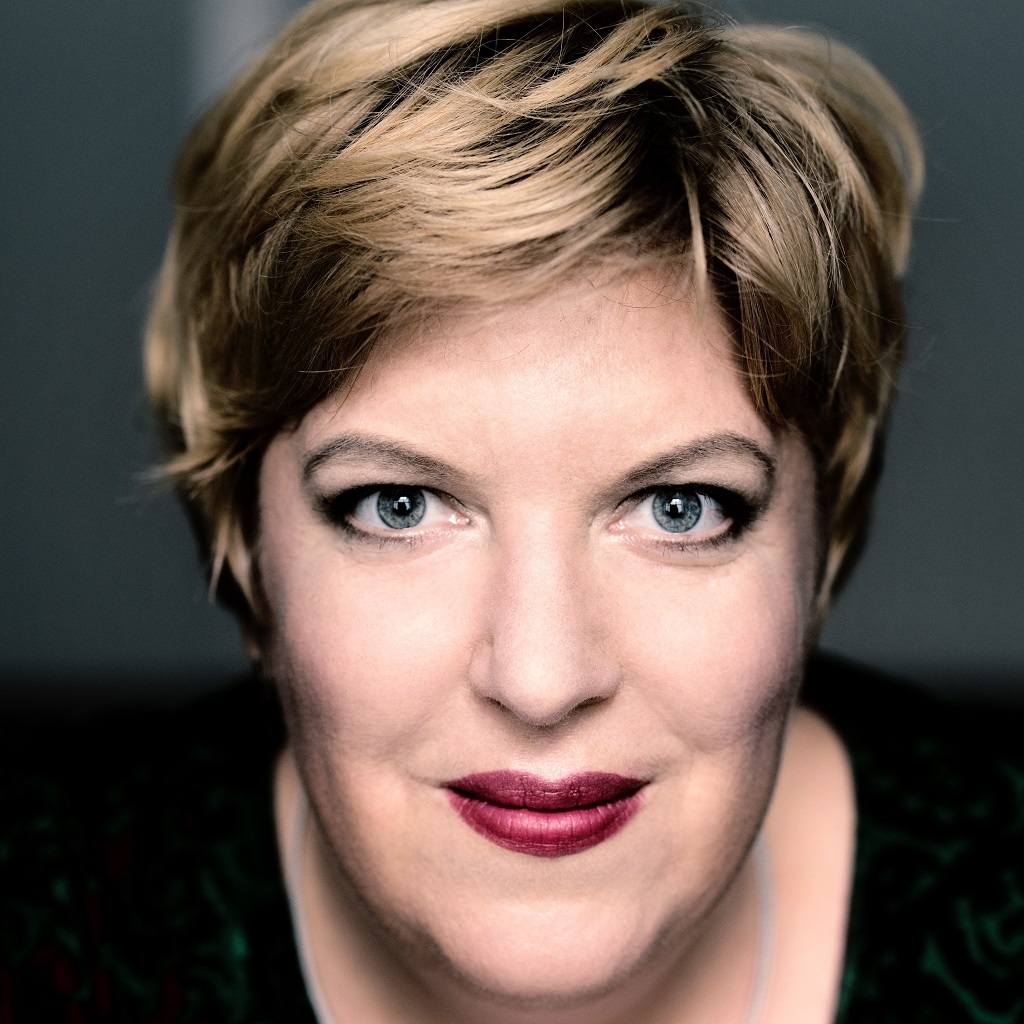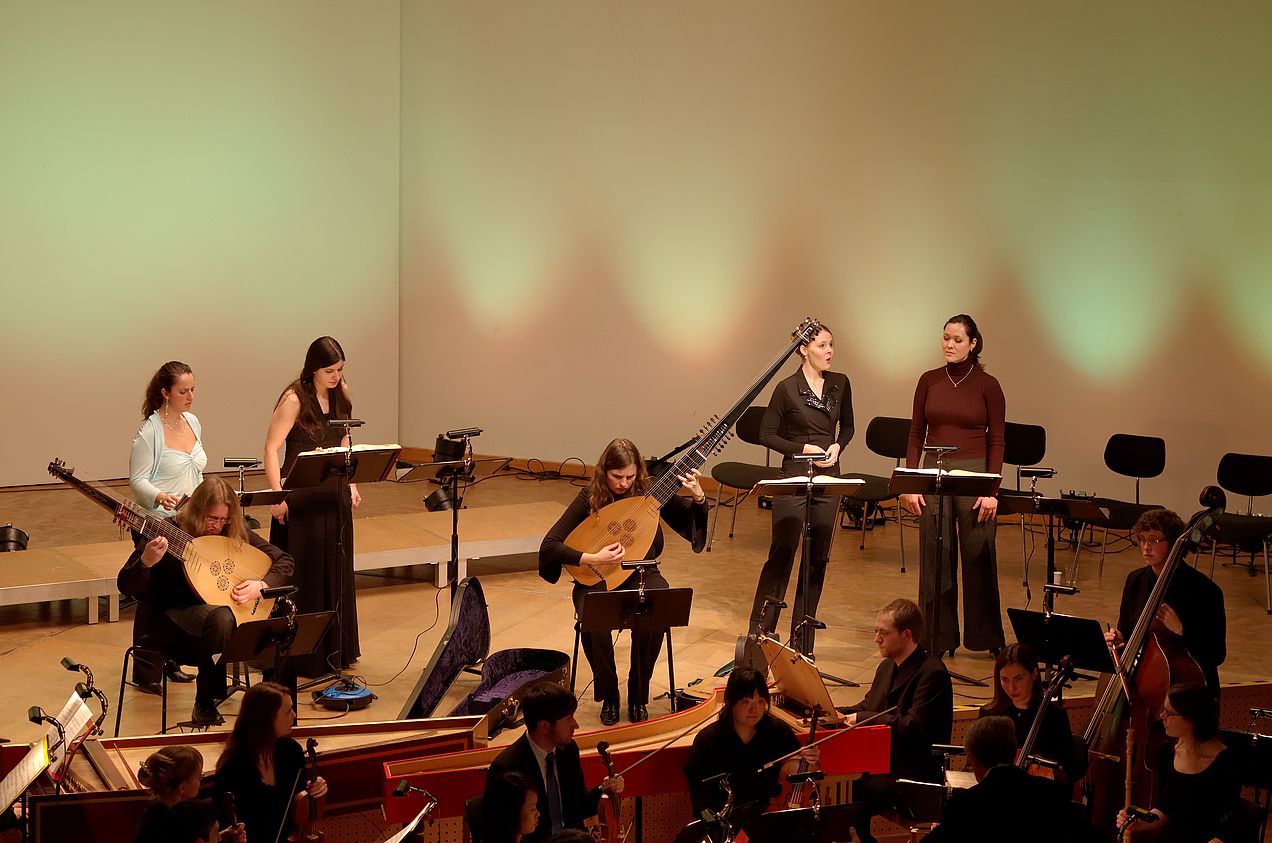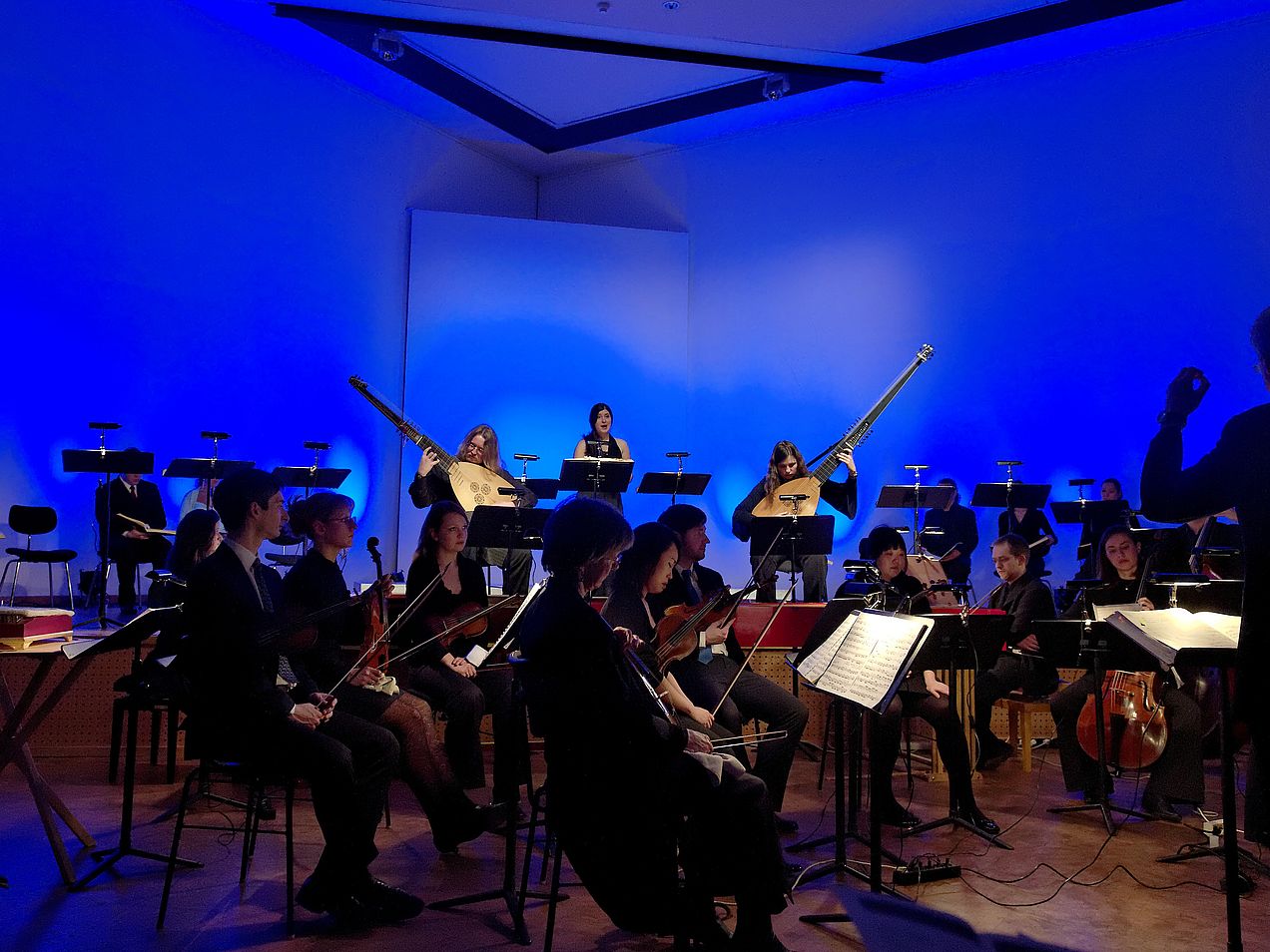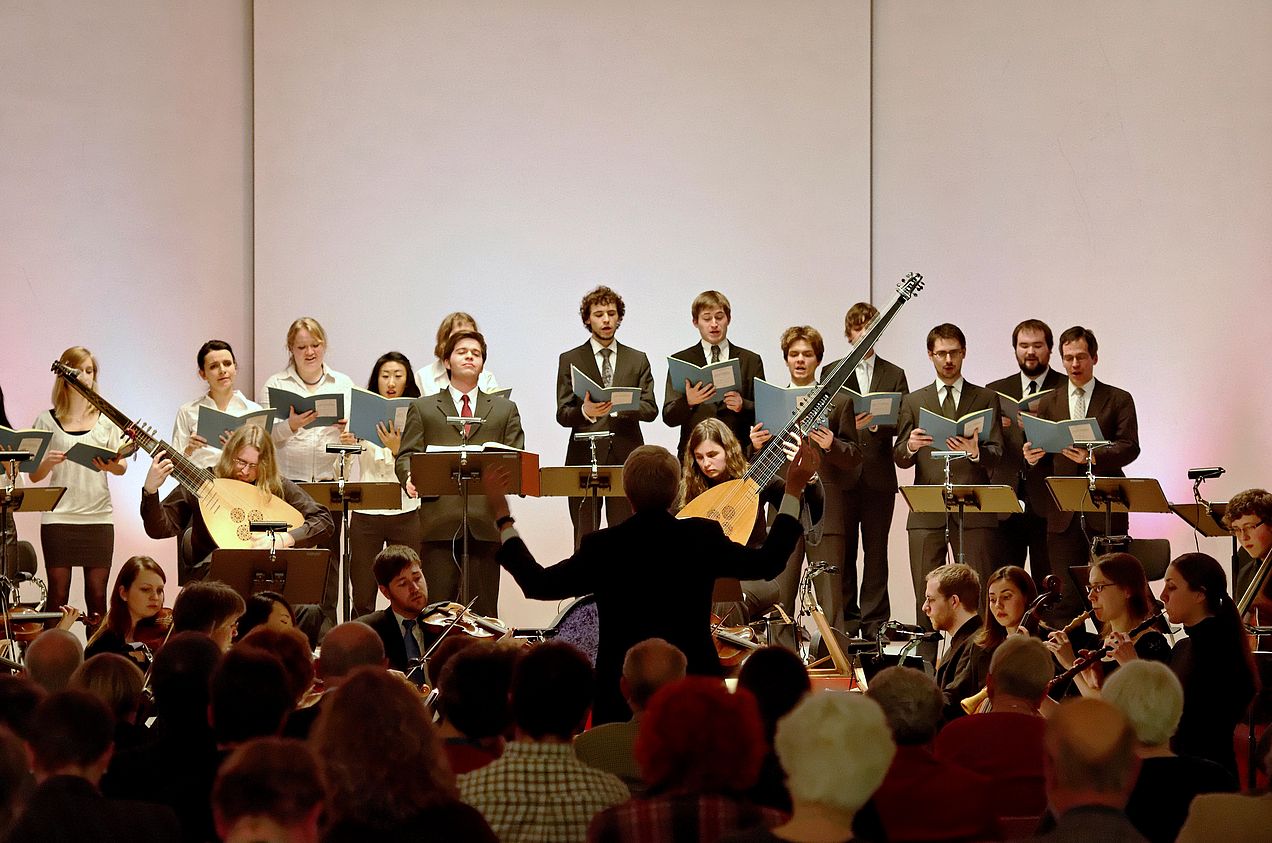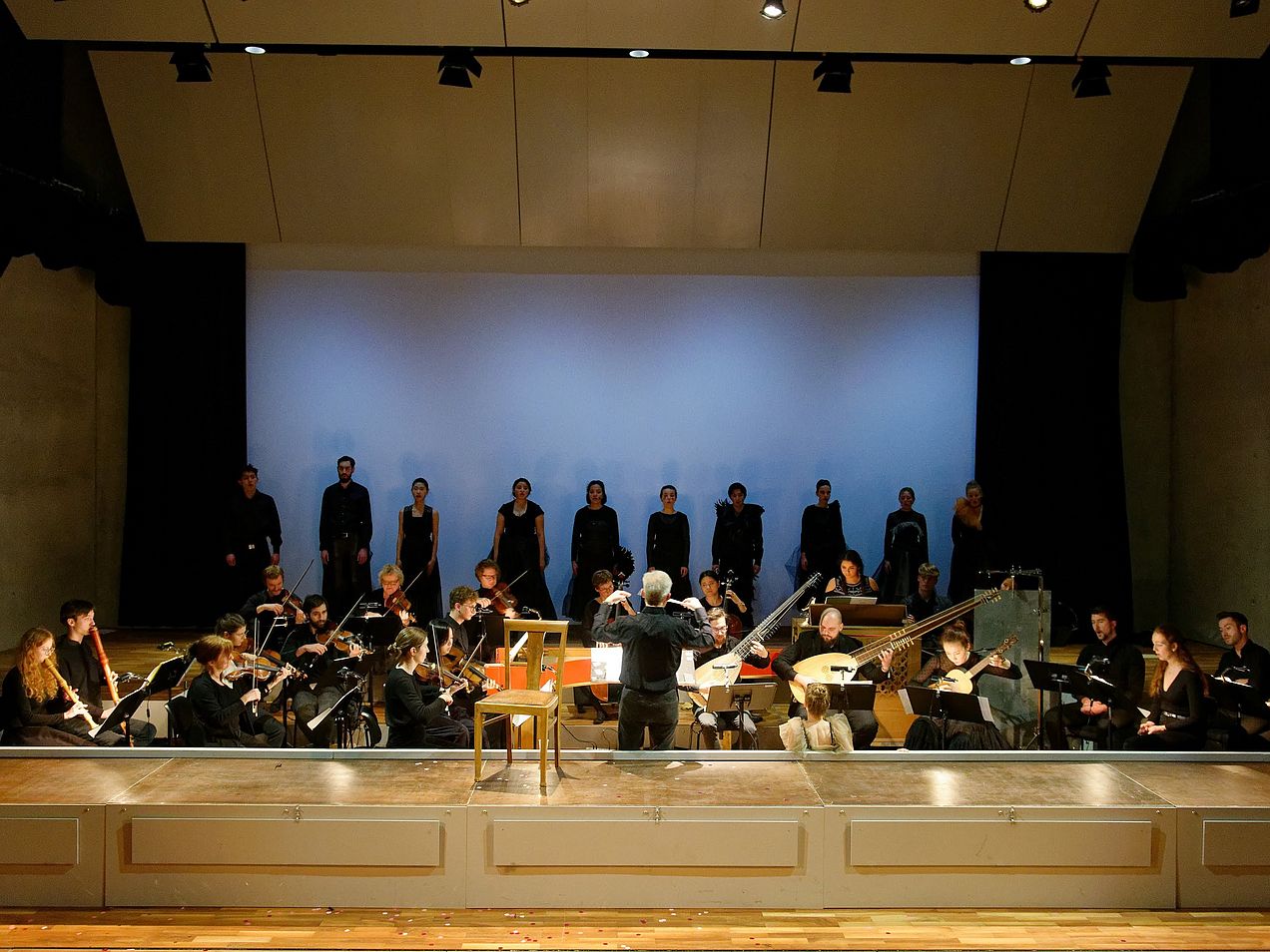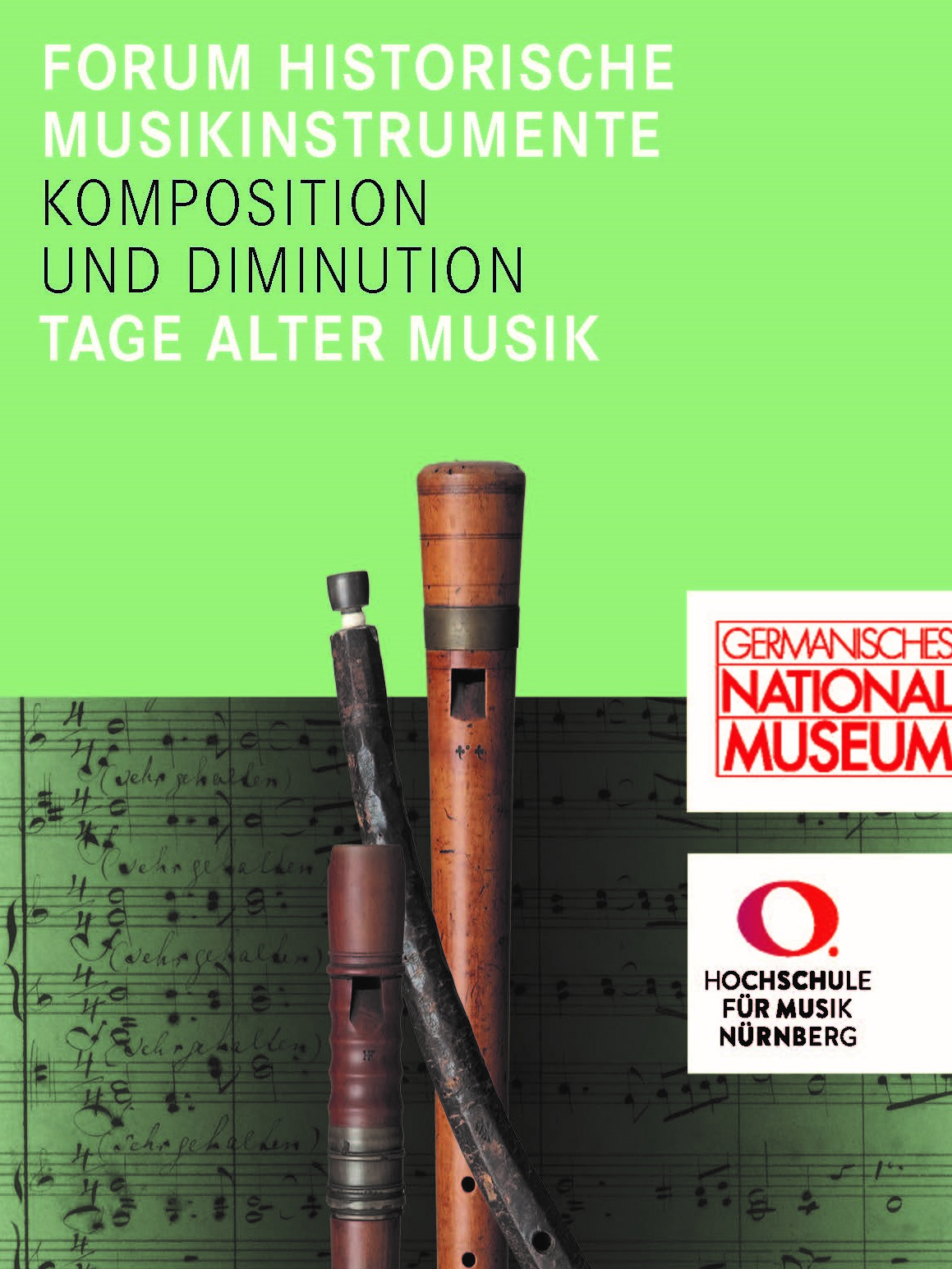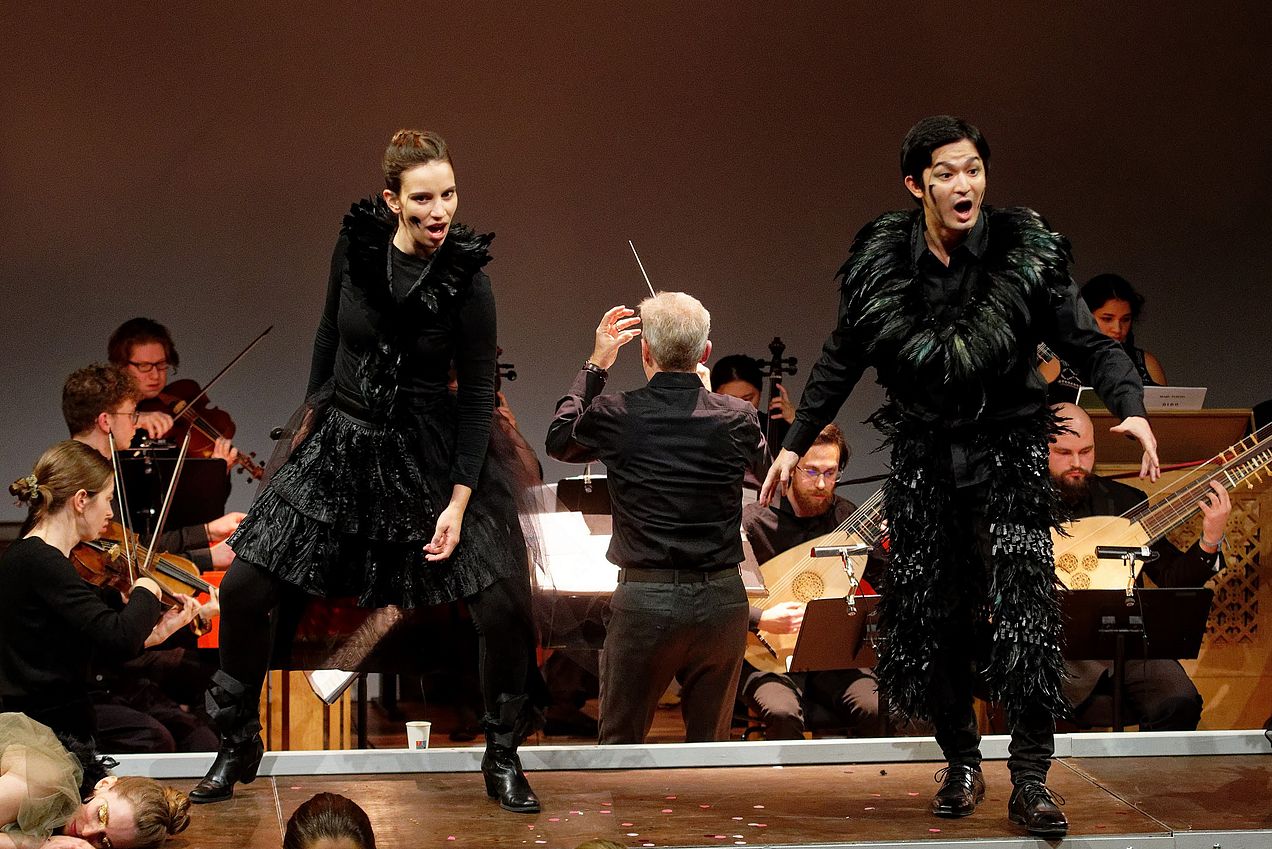What characterises our Early Music degree programme?
- All subjects are available on the Bachelor's and Master's programmes!
- There are generous weekly main subject lessons of 1.5 hours for the Bachelor's and 2 hours for the Master's - supplemented by accompaniment for melody instruments or basso continuo for harmony instruments. There is also a wide range of specific courses in chamber music, performance practice and pedagogy.
- All Early Music subjects are also open to students of modern disciplines as a Bachelor's major or second major.
- The annual Forum of Historical Instruments is organised in cooperation with the Bavarian Radio and the Germanisches Nationalmuseum. It offers concerts, lectures and masterclasses by external musicians.
- We organise the popular Early Music Days festival every January, with numerous concerts and a staged Baroque opera (every two years).
Main subjects
-
-
-
-
The main course at our University covers all the main types and styles of lute, theorbo and historical guitar.
Bachelor's degree
The aim of the bachelor's degree in lute/theorbo is to provide a comprehensive education on the most important solo lutes for later professional life (renaissance and baroque lute) as well as solid knowledge and playing practice in basso continuo on theorbo, arciliuto or similar instruments. Other instruments such as the baroque guitar, vihuela, etc. may also be studied or refined.
The 1.5 hours of tuition in the main subject is supplemented by 0.5 hours of additional individual tuition in basso continuo.
Master's degree
The master's programme distinguishes between "Master Lute" and "Master Theorbo". The weekly main subject tuition is 2 hours.
The Master Lute programme focuses on solo and chamber music repertoire on the various types of lute (instruments such as historical guitars, vihuelas etc. are also possible), but basso continuo is also part of the course.
"Master Theorbo" covers all the major types of basso continuo lute, i.e. various forms of theorbo, arciliuto and the like. The emphasis here is on basso continuo and chamber music. Solo repertoire is also part of the programme.
Instruments on loanIn order to make this comprehensive training available to everyone, our University has instruments on loan for the most important types of lute, such as the Renaissance and Baroque lute, vihuela, Baroque guitar and theorbo.
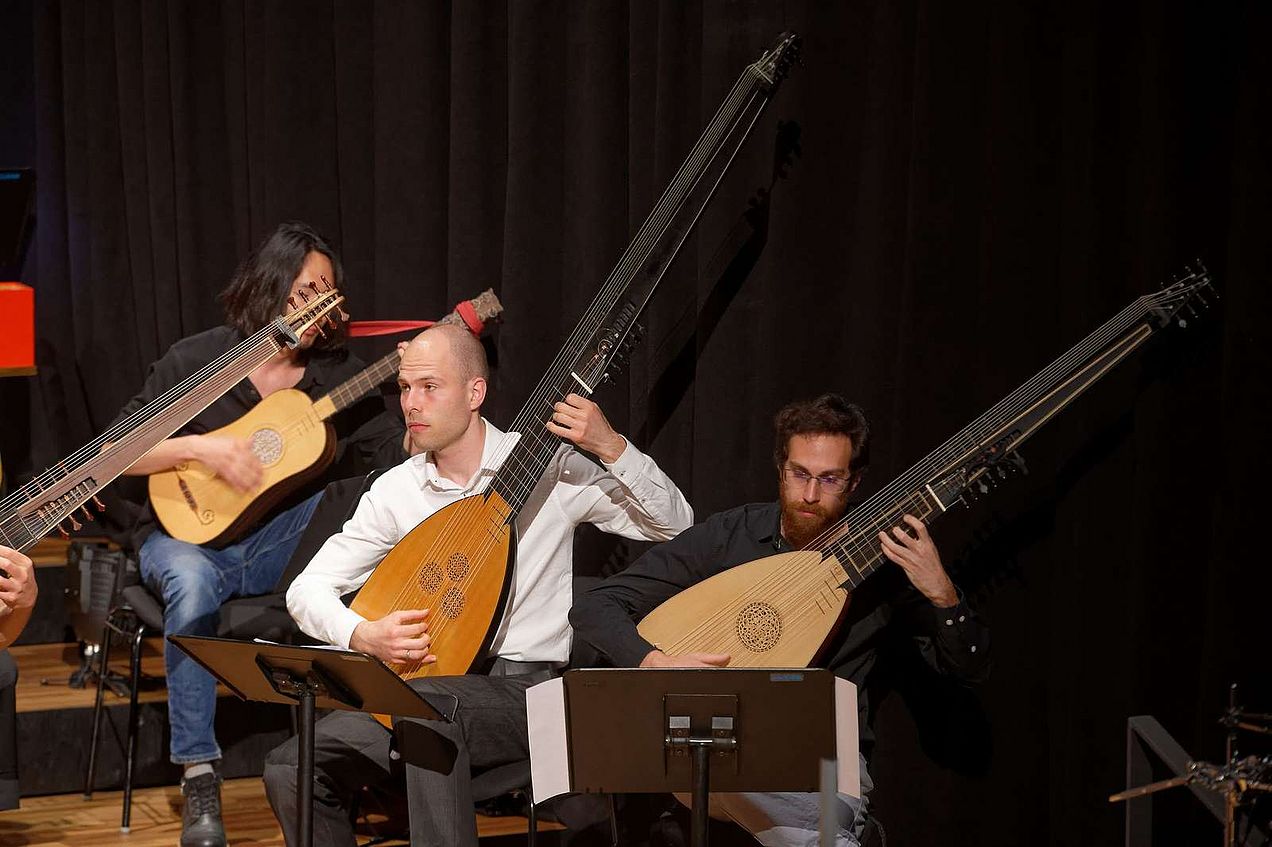
-
-
-
Further information on the study area Recorder
-
-
-
-
-
-
-
The Historical Dances course complements the main subjects and offers a unique view of dances and their music, from the Renaissance to the Baroque, from the 16th to the 18th century.
We will learn dances from the Italian and French Renaissance, such as the ballo, bassa danza or branle, pavane, gaillarde, allemande and courante. We will also look at the various dance families of the Baroque period and develop a feel for dances such as Bourrée, Allemande, Rigaudon, Gavotte, Minuet, Gigue, Chaconne, Passacaille and Sarabande, which is very useful for interpreting the music.
Other forms are the Country Dance and the later Counter Dance, with original choreographies to music from Purcell to Mozart, leading the couples through the room in exciting interplay.
In all these classes we work from historical sources and also support the work by looking at iconographic material. This course is an opportunity to discover a treasure trove that sheds light on the character of the dances, their phrasing and dynamics. It provides an unrivalled knowledge of how to play and interpret the whole repertoire of dance music, right through to the classical suite.
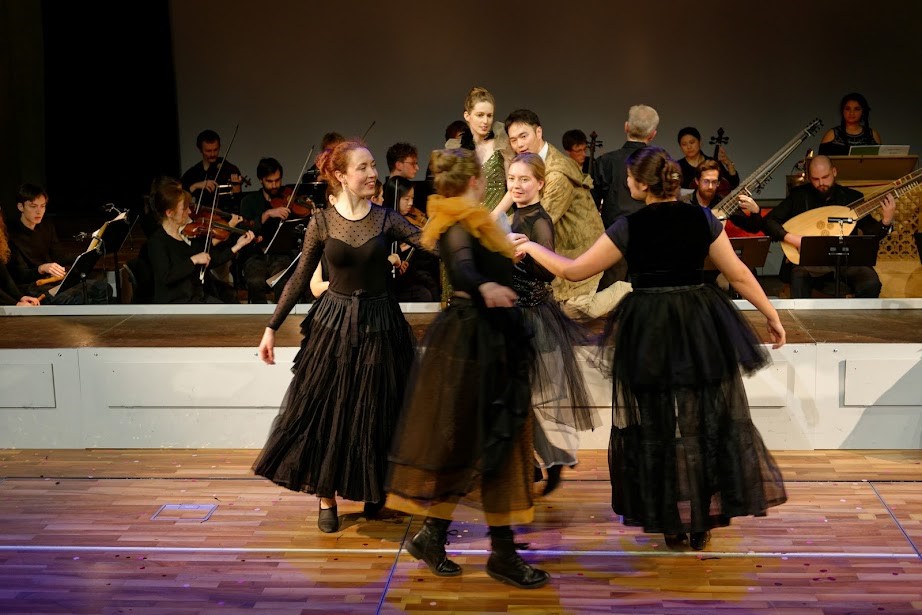
-
All members of the study area
Marie-Claire Bär Historischer Tanz, Bewegung, Tanz, Körpertraining
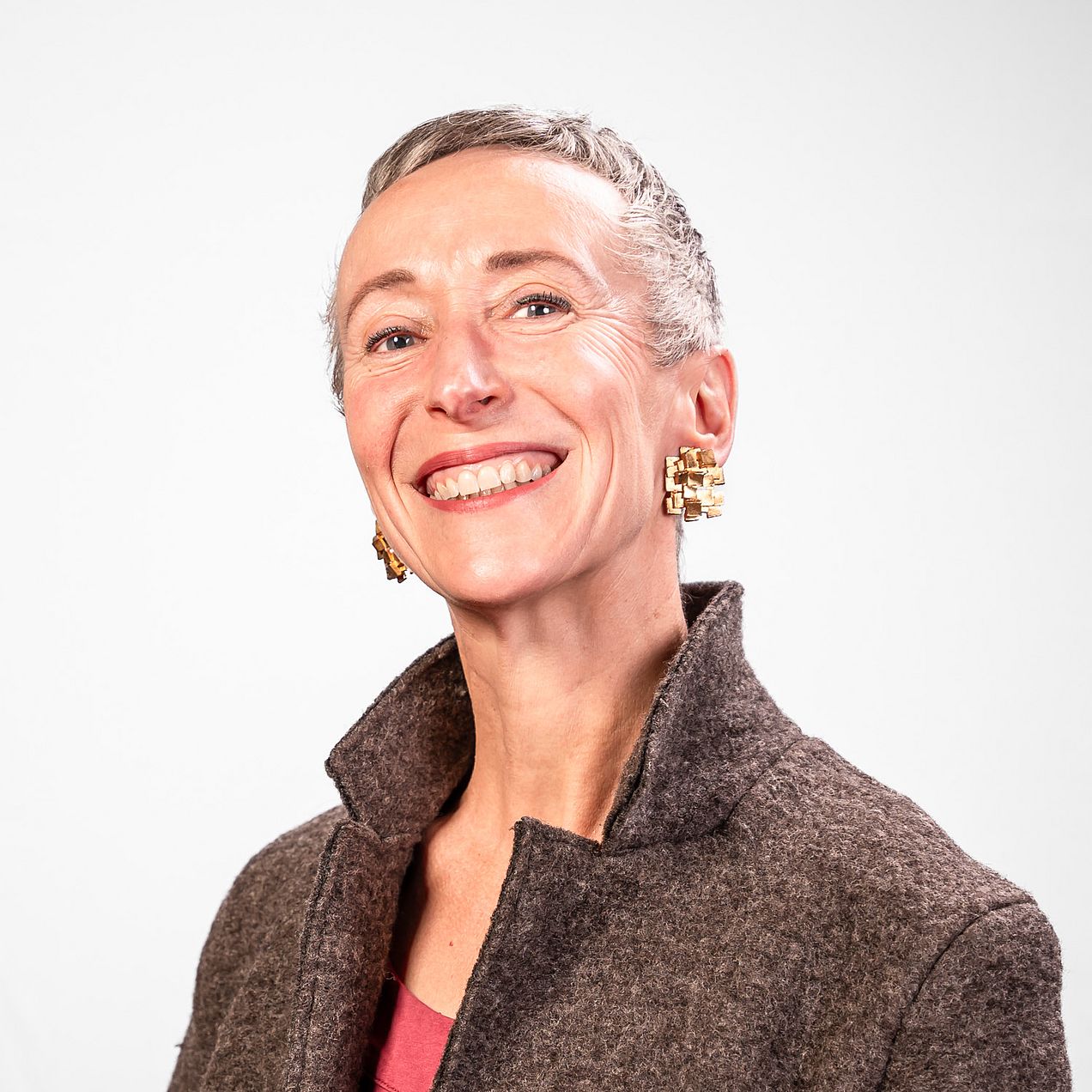
Ulrike Becker Lehrbeauftragte im Fach Barockcello und Viola da Gamba
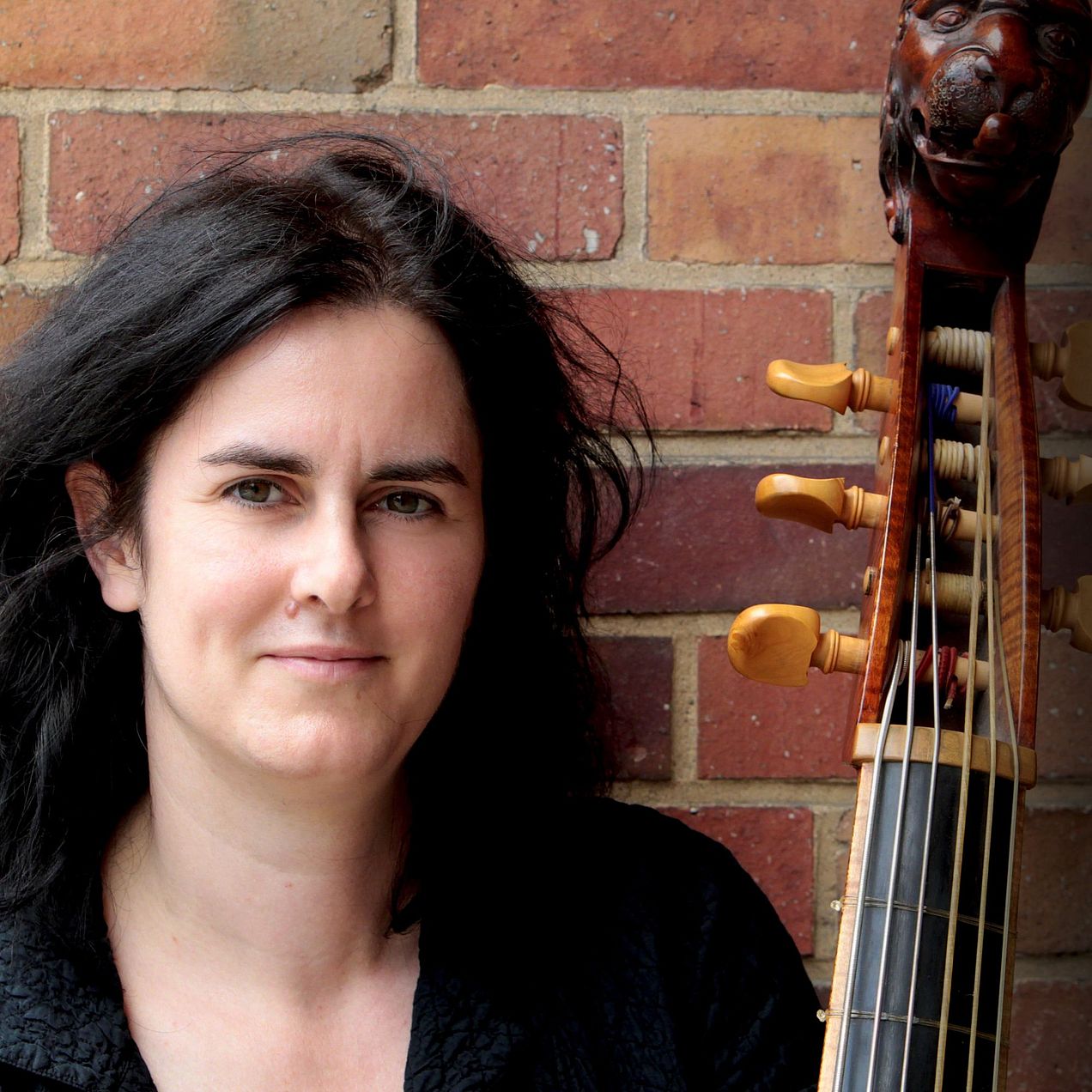
Prof. Christoph Braun Trompete (Hauptfach)
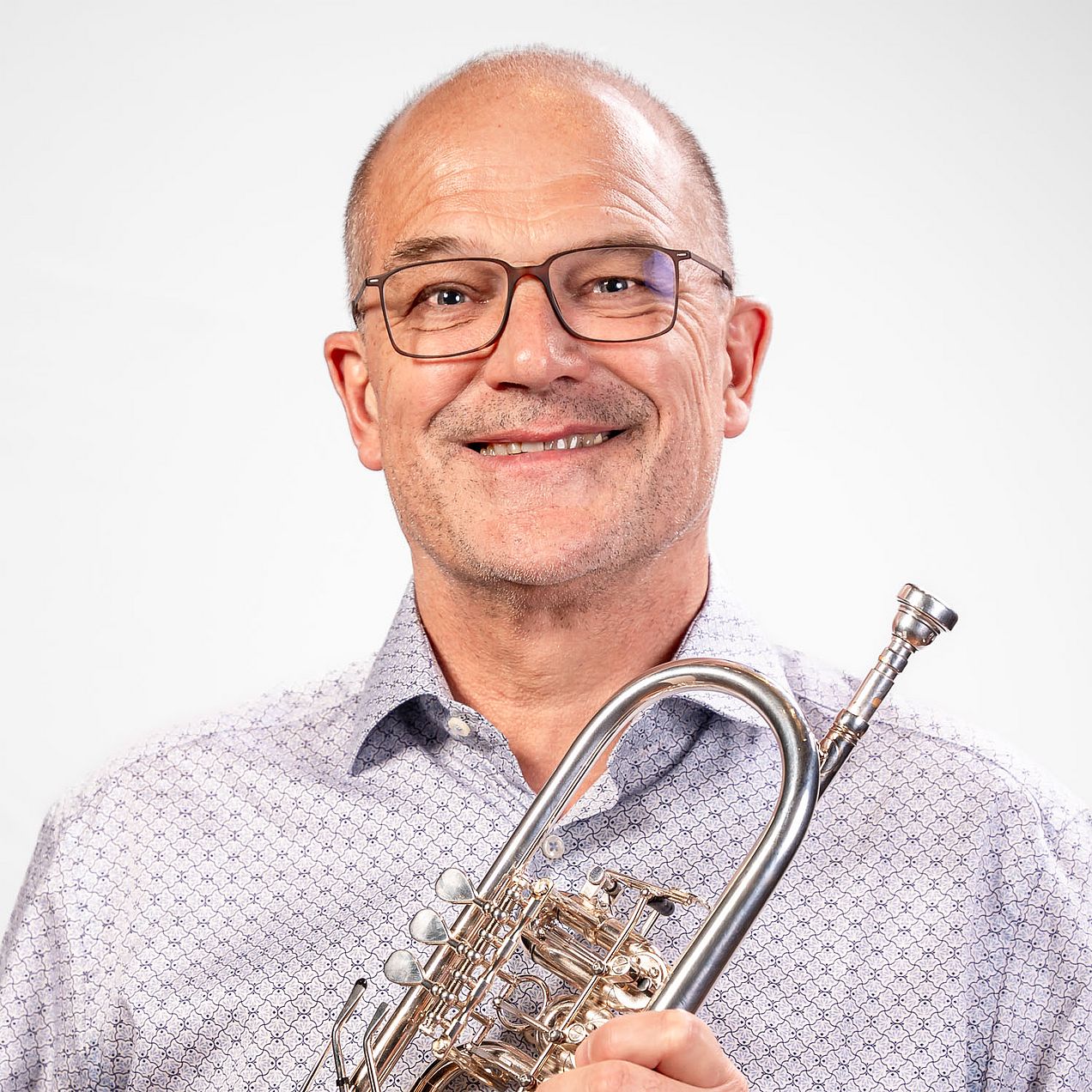
Ulla Bundies Ensemble, Kammermusik, Barockvioline (Hauptfach)
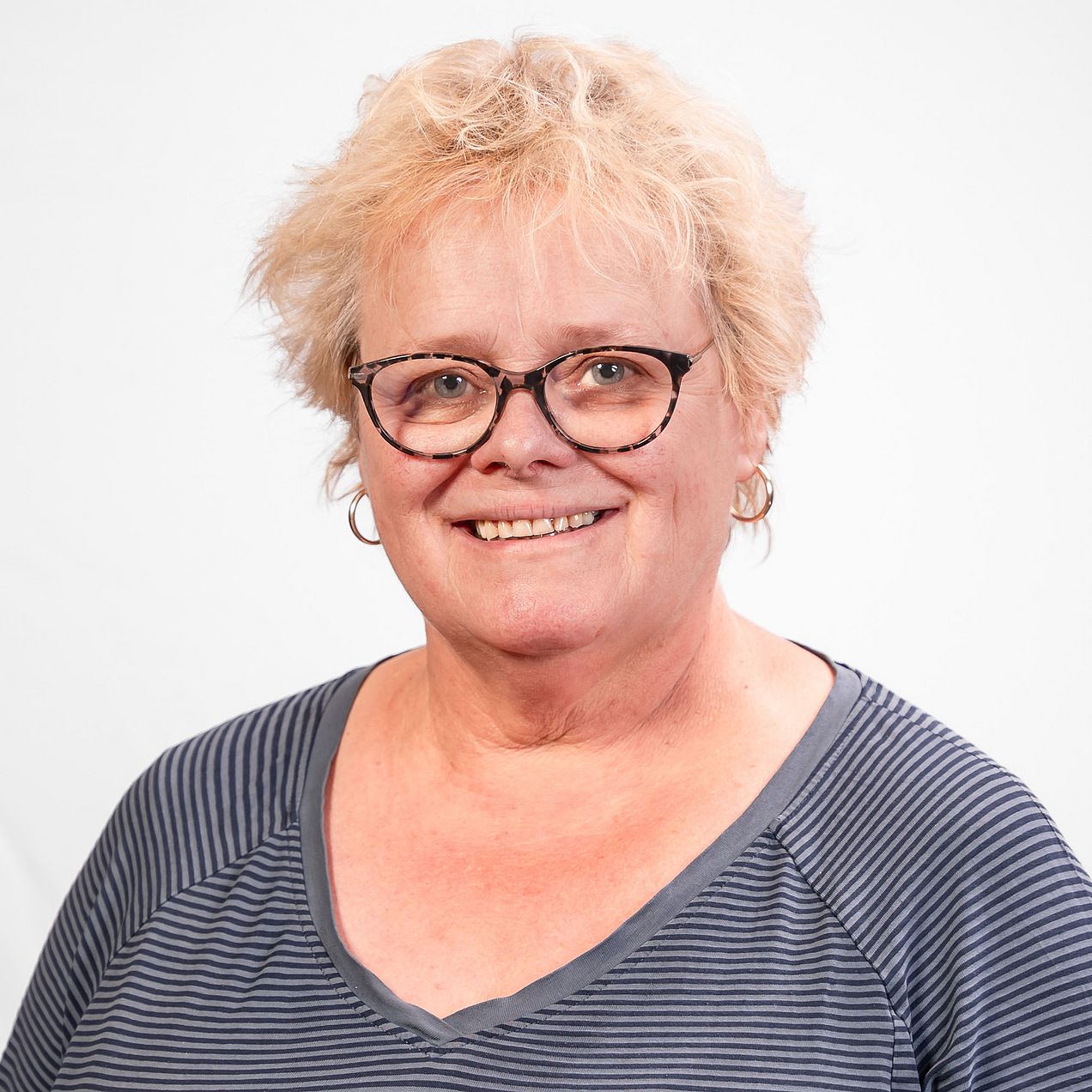
Björn Colell Laute (Hauptfach), Theorbe (Hauptfach), Gitarre (Hauptfach)
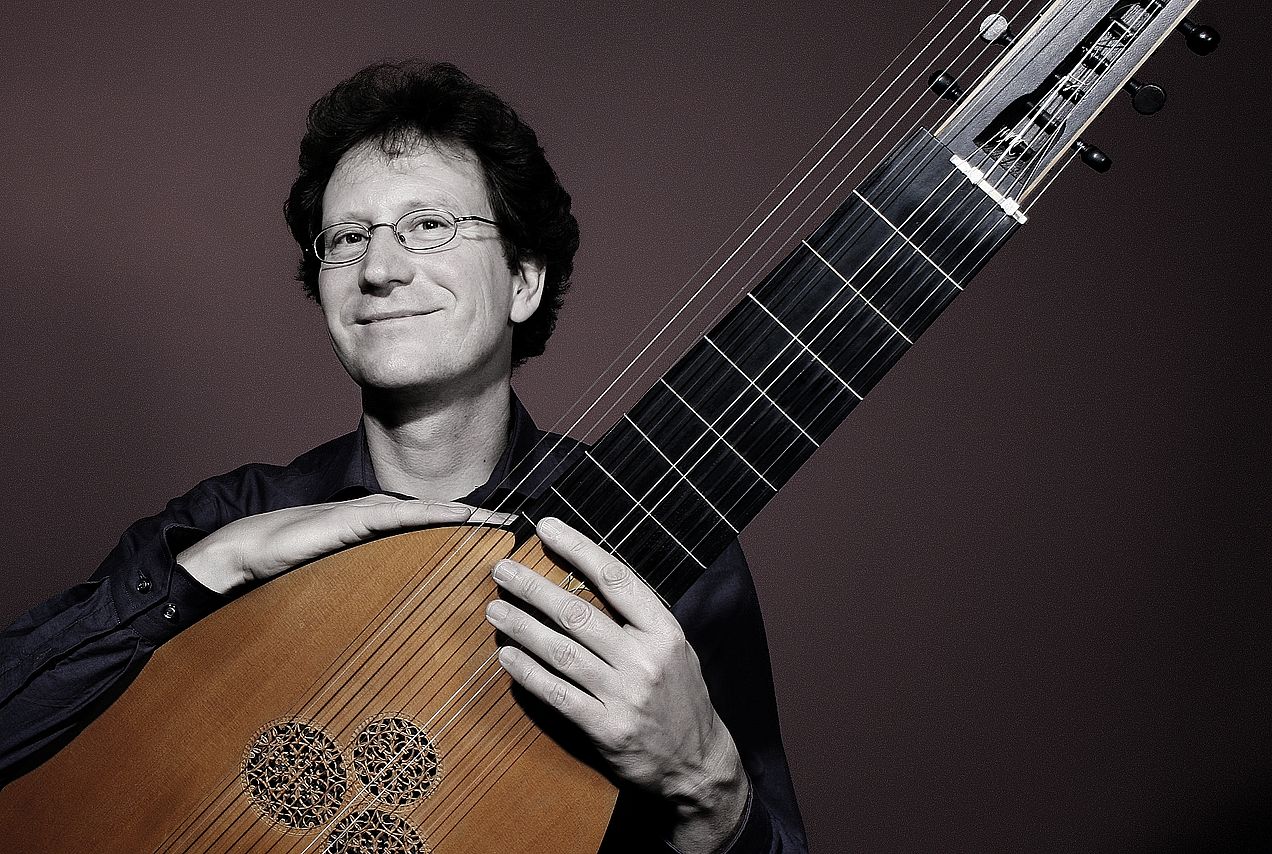
Martina Fiedler Korrepetition, Unterrichtsbegleitung
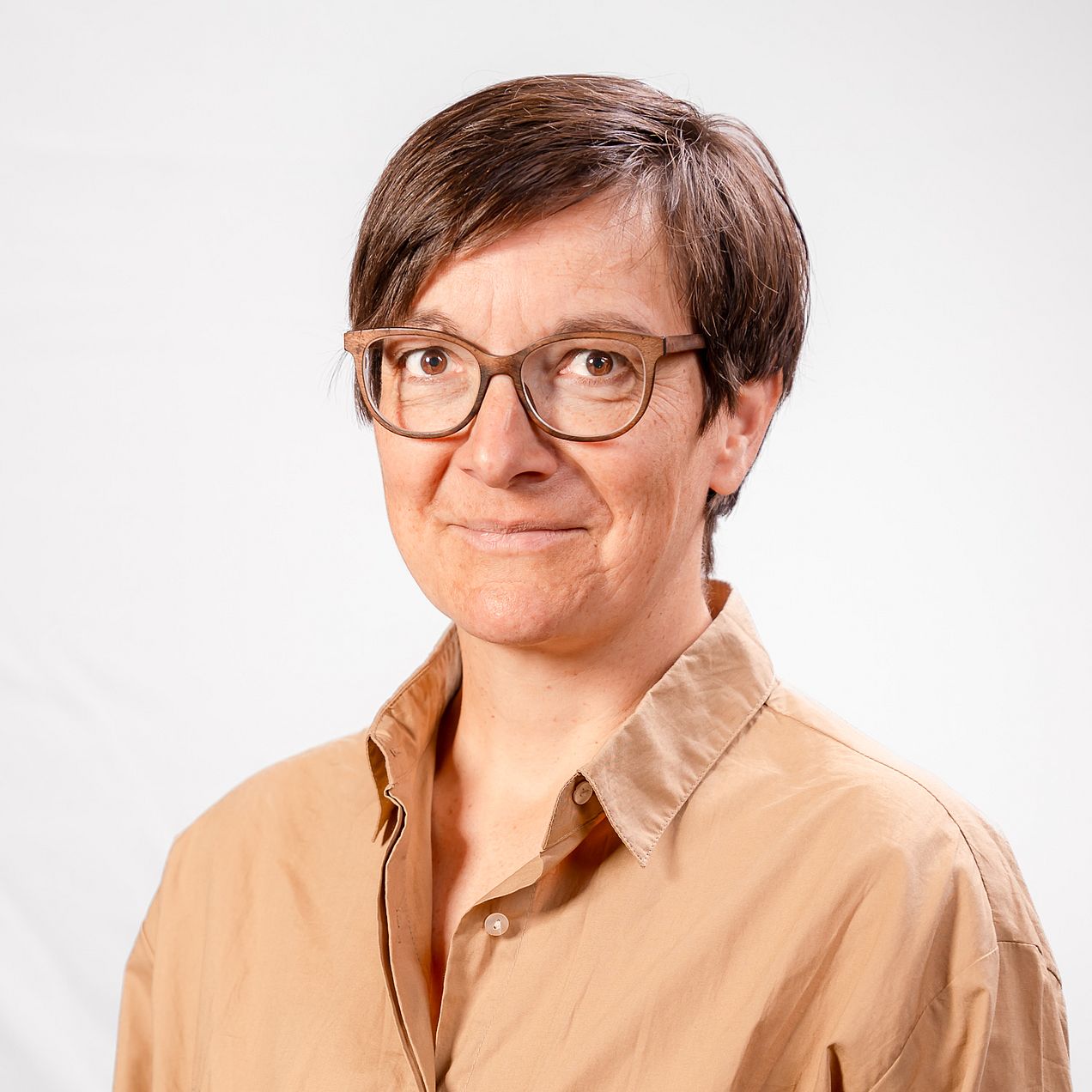
Claire Garde Aufführungspraxis, Traversflöte (Hauptfach)
Mobile +49 176 / 706 18 - 787
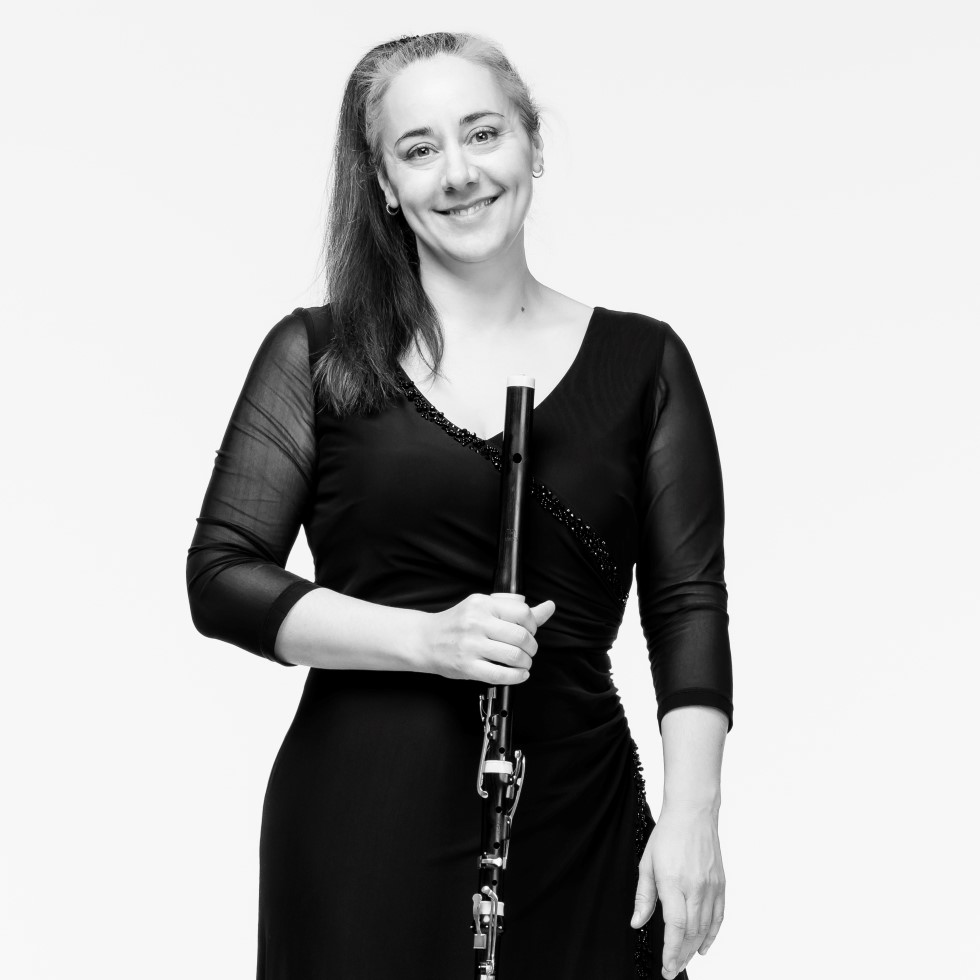
Christina Hahn Lehrbeauftragte im Fach Barockfagott
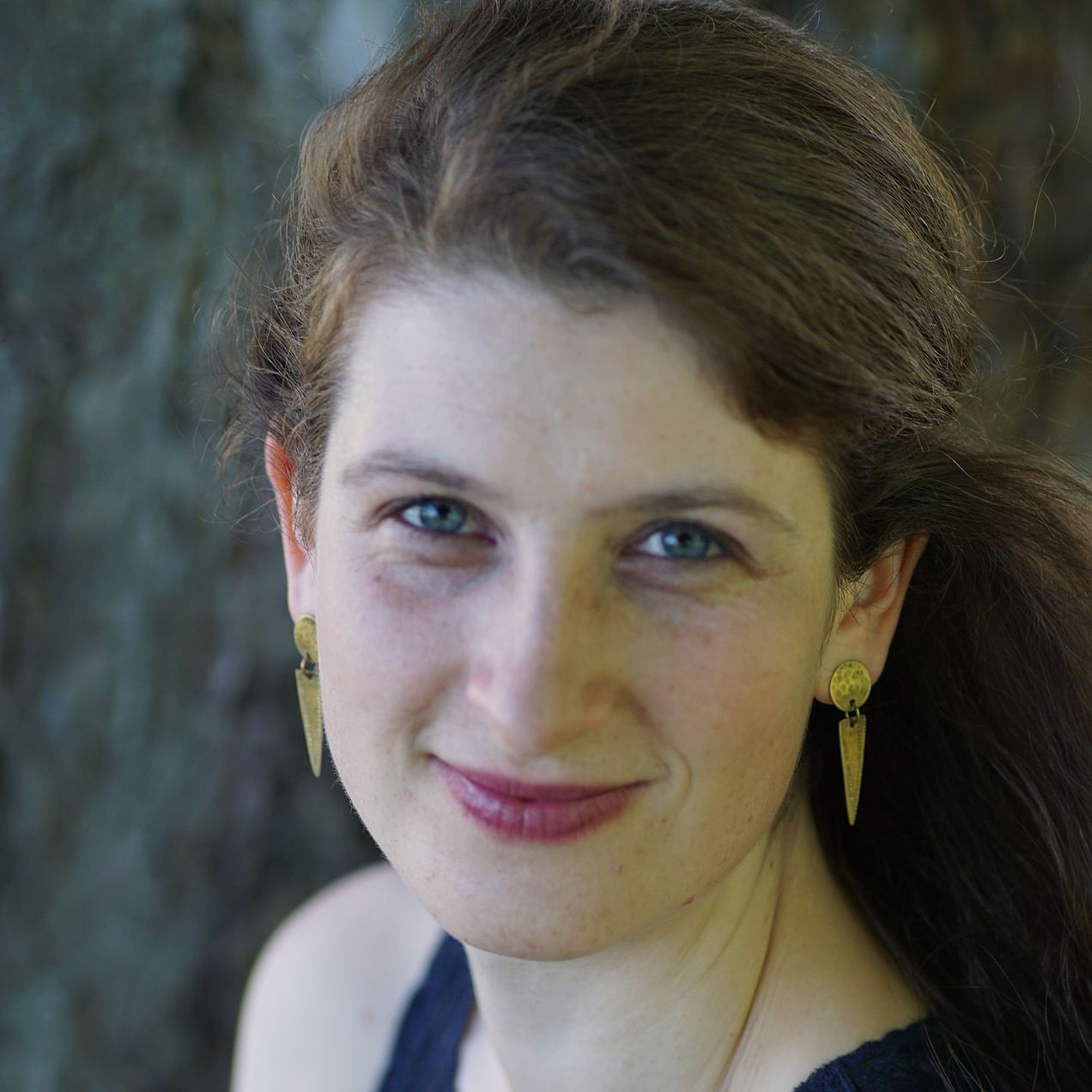
Prof. Anne Marie Harer Barockvioline (Hauptfach)
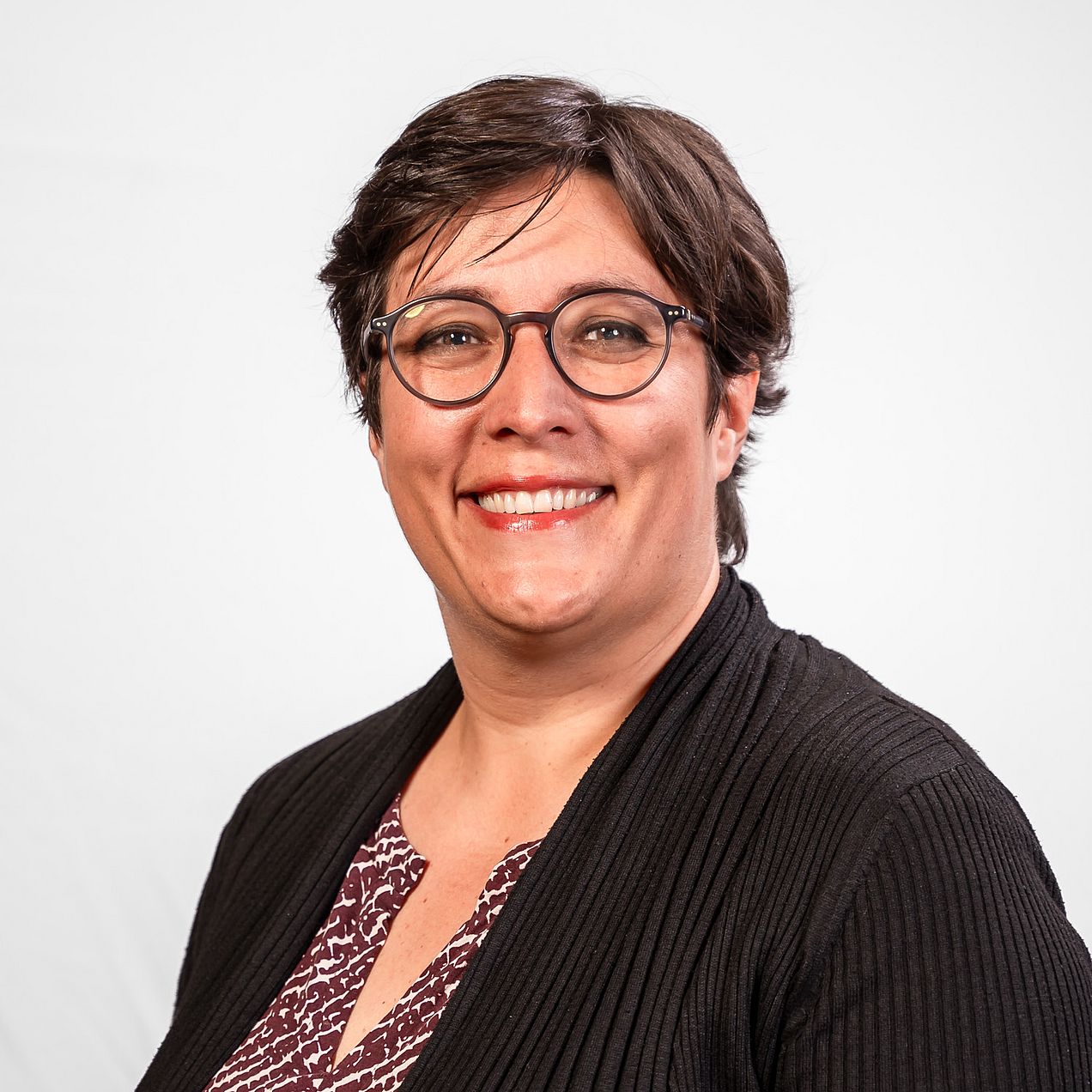
Prof. Bernward Lohr Cembalo, Generalbass, Korrepetition, Aufführungspraxis

Prof. Knut Schoch Barockgesang (Hauptfach)

Prof. Jeremias Schwarzer Blockflöte (Hauptfach), Aktuelle Musik
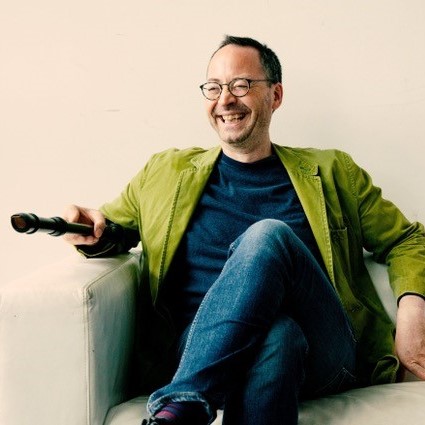
Michael Spiecker Fachdidaktik Historische Instrumente
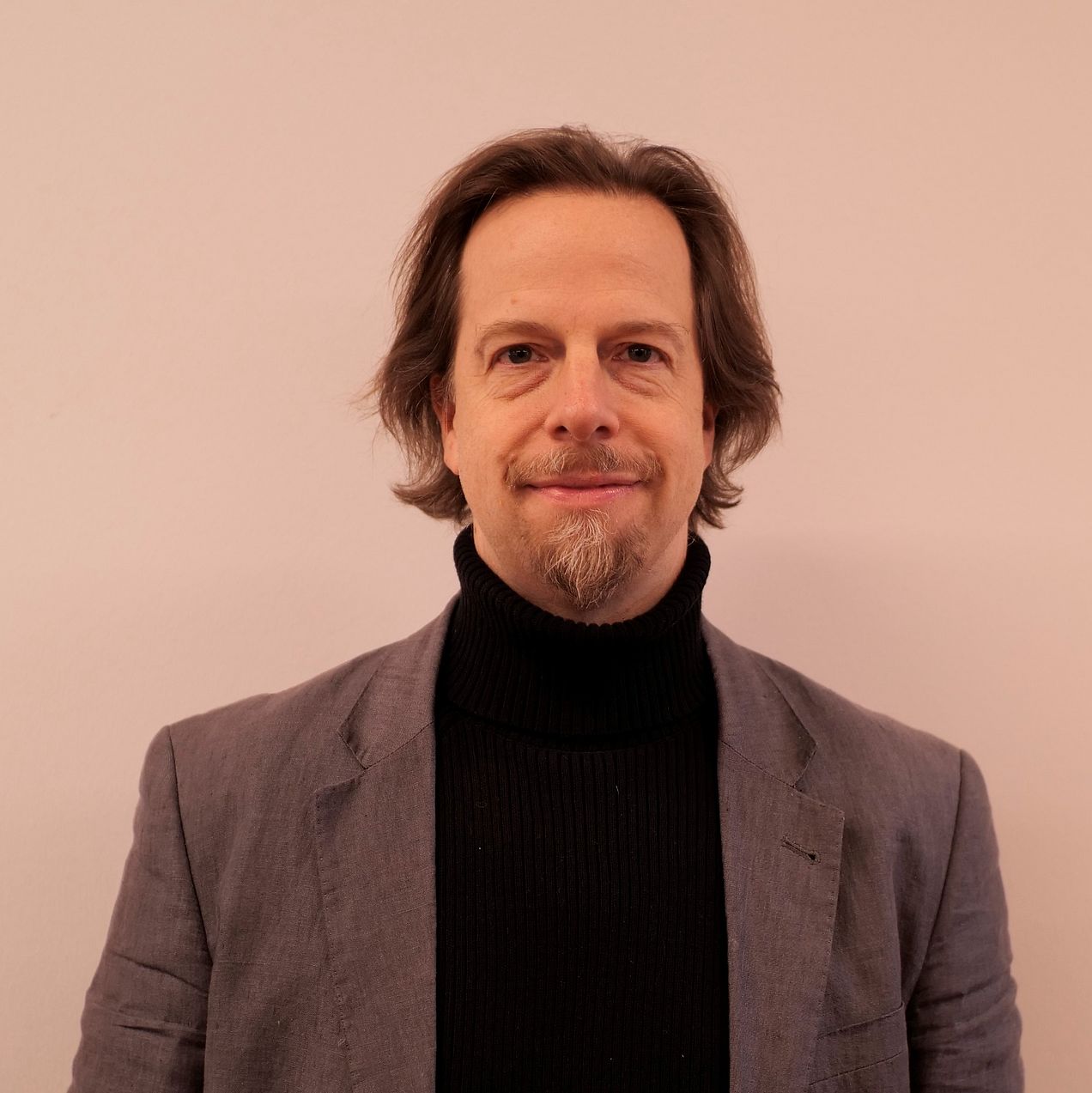
Prof. Maurice Steger Blockflöte
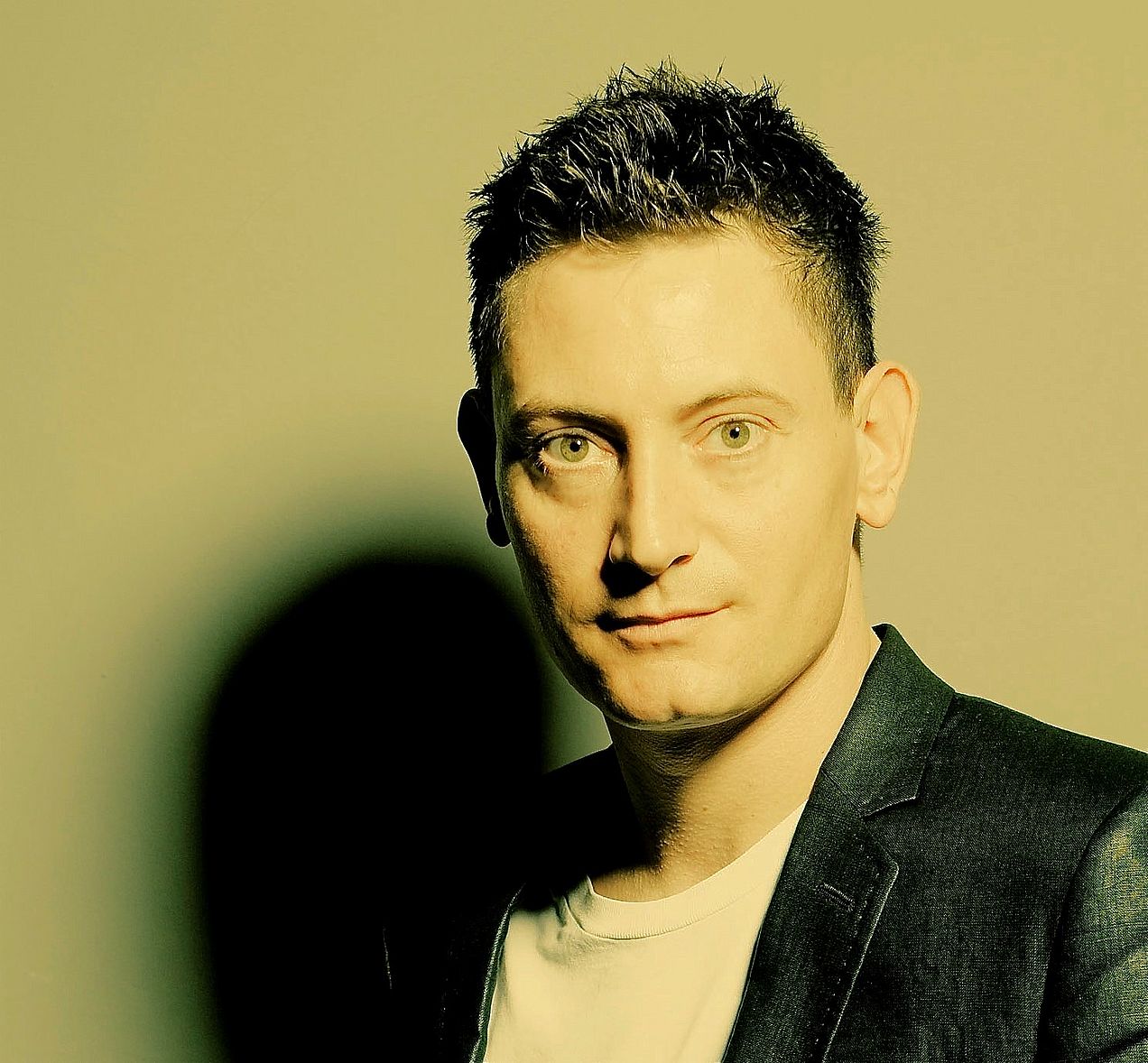
Prof. Dr. Aurelia Vişovan Klavier (Hauptfach)
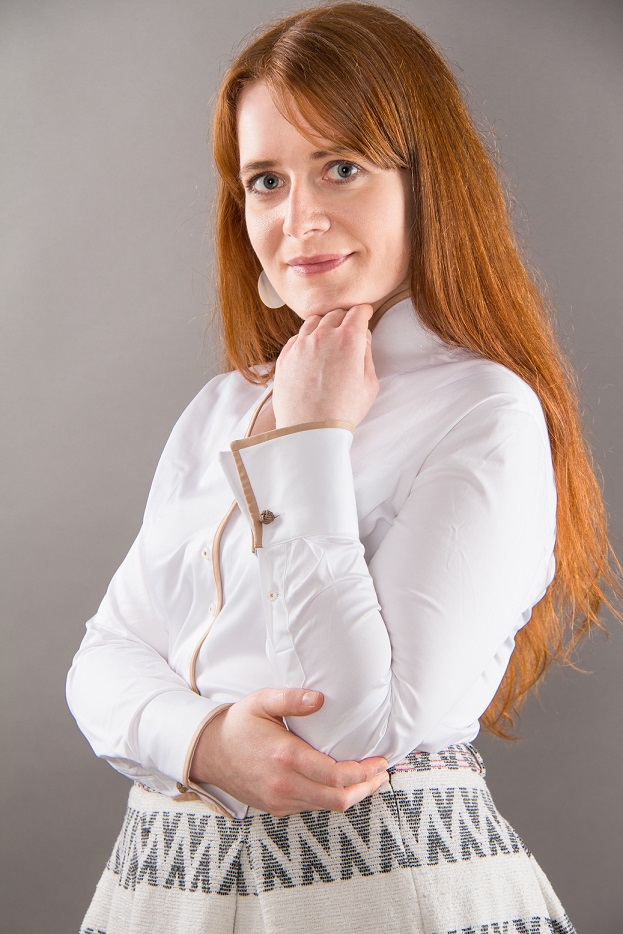
Friederike Vollert Blockflöte (Hauptfach), Jungstudium (Vertretung 2023)
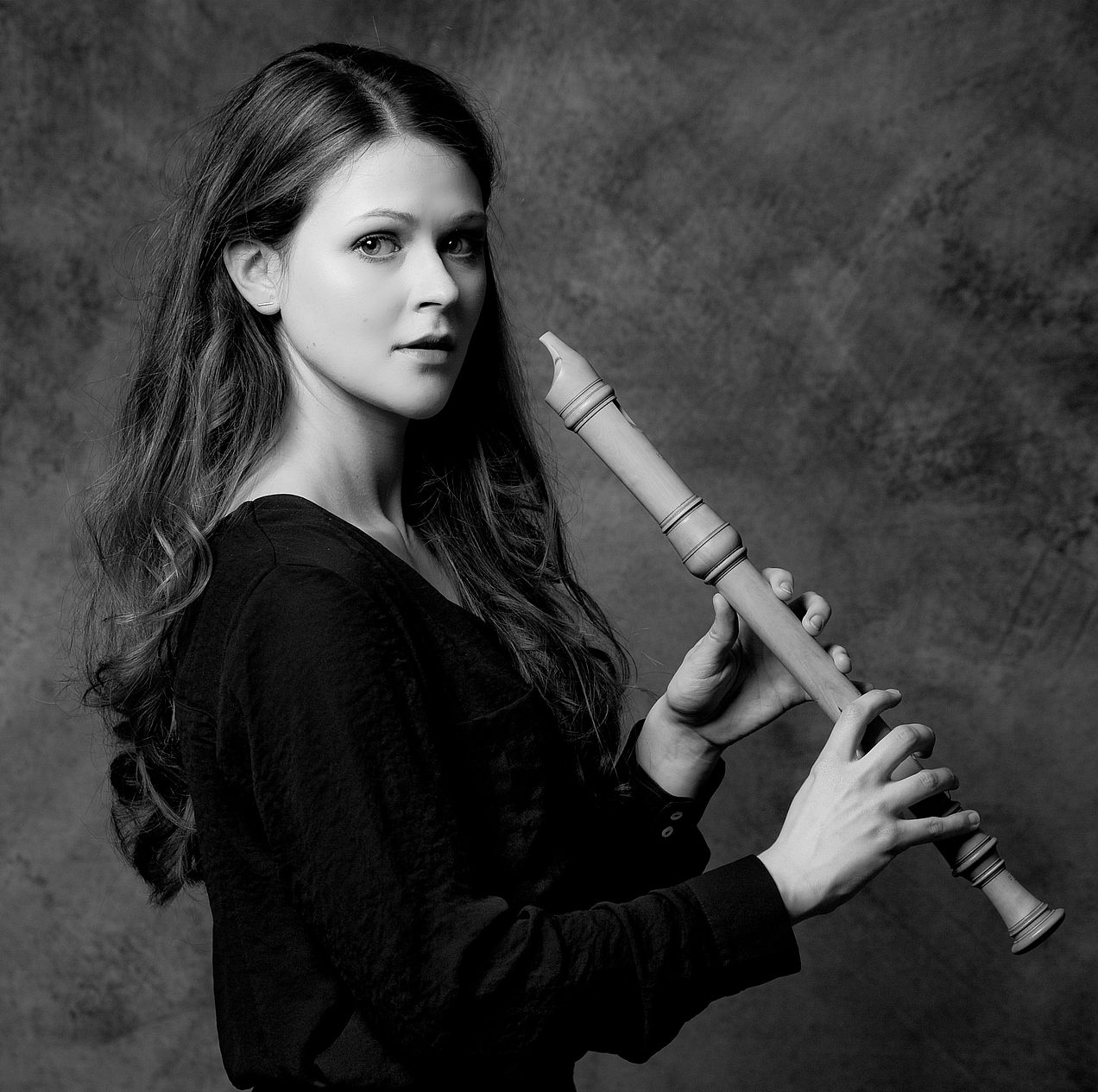
Prof. Ralf Waldner Korrepetition Alte Musik
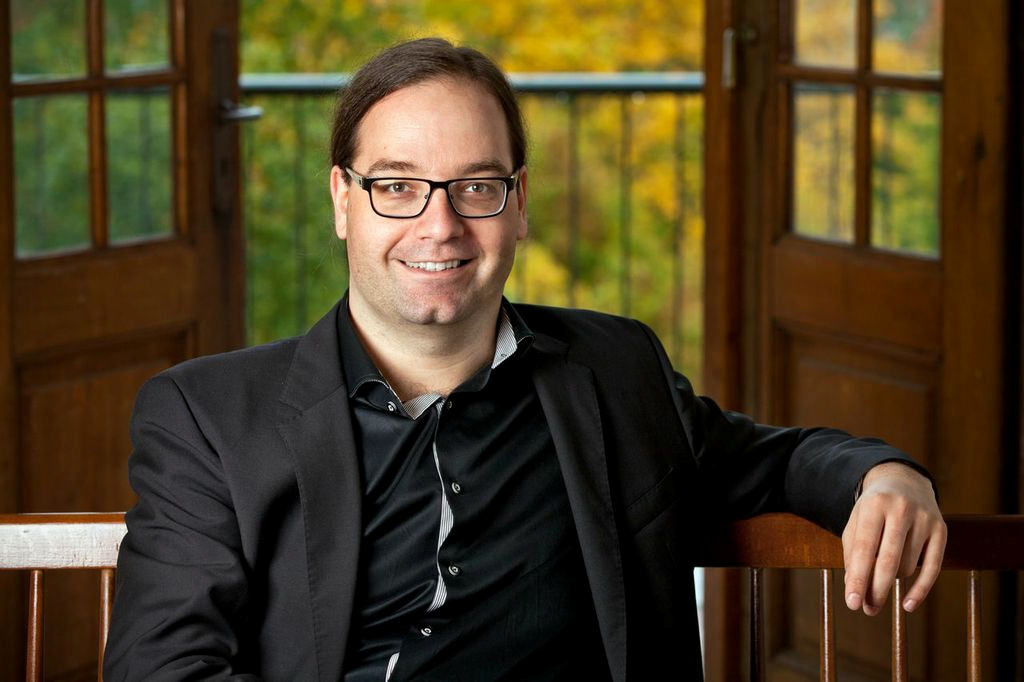
Prof. Wiebke Weidanz Cembalo (Hauptfach)
